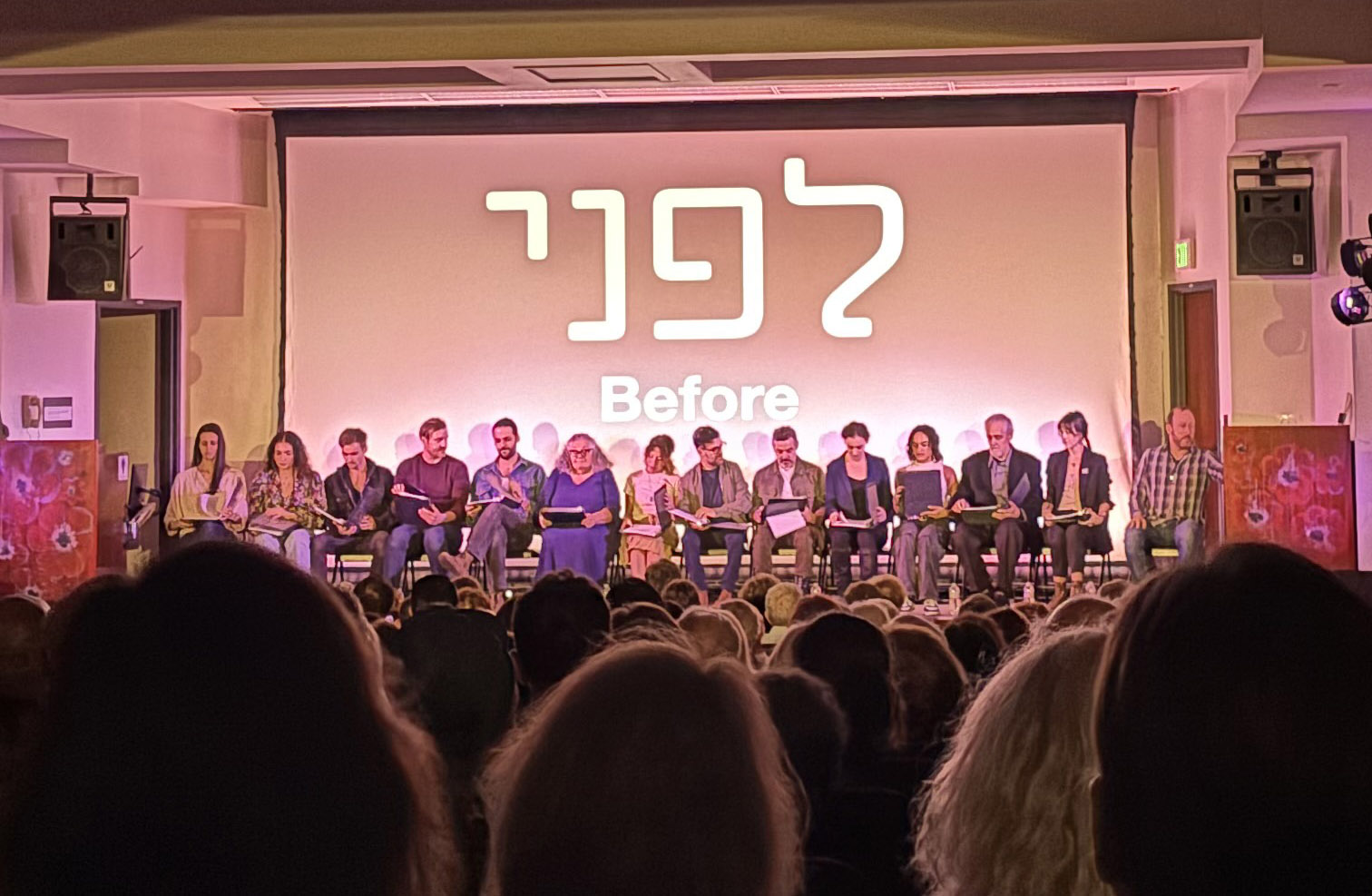 Photo by Aaron Bandler
Photo by Aaron Bandler “October 7: In Their Own Words,” a new play using the testimony of survivors of the Oct. 7, 2023 massacre was performed at UCLA Oct. 7, commemorating the one-year anniversary of the massacre.
The performance, a staged reading of the play, packed the 324-seat Lenart Auditorium.
Written by Phelim McAleer and Ann McElhinney, a husband and wife team of Irish Catholic journalists, and directed by Jeff Maynard, is subtitled “A Verbatim Play,” uses word-for-word recreations of interviews conducted by McAleer and McElhinney. The performance struck a chord with the audience –– gasping when it was revealed that some Hamas terrorists were wearing faux Israel Defense Force (IDF) garb, and laughing when the survivors weaved in some humor into their testimonies in face of the trauma they endured, and gave the play an emotional standing ovation.
In the Q&A that followed the play, McAleer explained that he and his wife were in Ireland when the massacre occurred, and they noticed “how quickly people wanted to talk about Oct. 8 rather than Oct. 7” and that “as journalists we just saw… a massive international story on Oct. 7” that wasn’t being covered. “We were determined to tell those stories and preserve those stories.”
They were so determined, they traveled around Israel for three months and interviewed 20 survivors for the play; they whittled the testimonies down to 14. McElhinney said it was the first time they had been to Israel and pointed out that 30,000 people have moved to the Jewish state following the massacre, which prompted applause from the audience. “I actually get it,” she said.
Hillel At UCLA Executive Director Dan Gold, who moderated the Q&A, asked about the play’s New York debut in May and pointed out that the Jewish community has been asking who has their back. McAleer replied that “a lot of religious Christians” attended the New York showing of the play and that “it’s not easy being a Jew these days.” He blamed “identity politics,” which he described as the phenomenon “where you put one group as good people and one group as bad people and eventually they have to make a decision about you.”
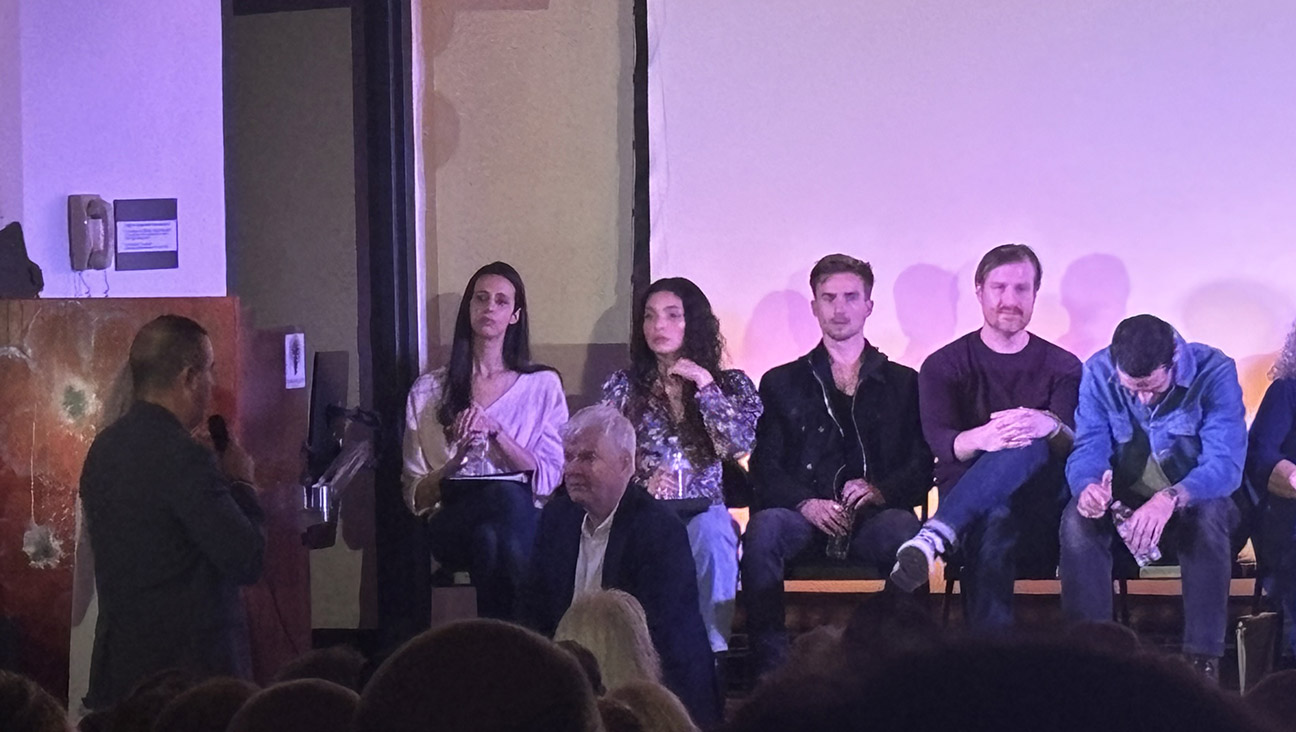
McAleer added that “not many people have your back, that’s just the way it is. You have to do it on your own … you have to keep telling the truth.”
“Not many people have your back, that’s just the way it is. You have to do it on your own … you have to keep telling the truth.” – Phelim McAleer
He added said that no mainstream media outlet covered the play’s performance in New York, contending that “the field of journalism is not in a good place at the moment.” McAleer asked how anyone could be “pro-Gaza or pro-what they did” after seeing the play, as the play consists of “lived experiences.” McAleer recalled listening to National Public Radio (NPR) on the way to UCLA, and that he heard the radio station describe the anniversary of the massacre as being the “anniversary to the beginning of the Gaza War” — audience members gasped at this — and NPR then interviewed someone from the Gaza Strip.
“There’s a lot of fear,” argued McAleer. “Younger journalists don’t want to cover it, the older journalists do but they’re afraid they’ll get hassled or fired.”
McElhinney said that she and McAleer have heard people say that they learned more about the massacre from the play than from anywhere else. One of the critiques they have received about their play is that only the Jewish community will see it; McElhinney’s response to that critique was that Jews “needs to see it so they know they are seen by two Irish Catholics.”
Some of the actors also had an opportunity to speak during the Q&A. Israeli TV personality Adi Ben Ezra portrayed an Israeli named Shani, who relayed her experience of the massacre to Ben Ezra as if “she was going to get groceries.” She said Shani is “trying to recover, she’s having a hard time.” Ben Ezra is Israeli and served in the IDF as a special operations officer (whichwas met with applause) and said she was “honored to be here tonight and share [Shani’s] story.”
Kevin Weisman (“Alias”), who portrayed an off-duty, out of uniform police officer, Itamar Illouz, said that he connected with Illouz over WhatsApp and was sent an “incredible wealth of videos” including “ring camera footage of the things that are described in the play,” such as when Itamar hid on top of a family’s house. Weisman said that listening to Illouz’s stories seemed “cinematic” and that “he had an incredible amount of energy as he was telling these stories” but Weisman could tell that Illouz was still recovering from the trauma he endured.
Joshua Bitton (“The Pacific”) lost three family members in Kibbutz Be’eri during the massacre and two others were taken hostage and later released during the second round of prisoner-hostage exchanges. When Bitton got the email asking if he’d be interested in performing in the play, he “aggressively” wrote back that he wanted to be part of the play. “I have to do this.”
Ghadir Mounib, an Egyptian actress who played Yasmin, a Muslim doctor, recalled being in Egypt on Oct. 7 and 8 last year and it blew her mind that everyone’s immediate response was to side with the Palestinians. She recounted that in Egypt, people were selling Palestinian flags on the side of the road and that her stepfather was about to buy one, until Mounib insisted that if he were to get one then he would need to get an Israeli flag as well. Her stepfather ended up not buying either flag. Mounib expressed her appreciation to McAleer and McElhinney for including an Arab Muslim’s story in the play because it’s important that people know that there are Arab Muslims who are trying to help and that “it’s not us and them.”
In the days leading up to the performance, anti-Israel activists on social media threatened to disrupt the play. Assistant Director of UCLA’s Event Office Bill Sweeney reminded everyone before the play began that the university is committed to freedom of speech, which includes hosting events and the right to protest. He acknowledged that the content of the play is “sensitive” and that given the “context of world events” it could spark disagreement. He stressed that the event cannot be disrupted — the audience applaused — and that if there was a disruption, a warning would be issued and those involved escorted out and may even be subject to arrest. The play occurred without incident.
Hillel’s Gold introduced the play and called the evening “an important night for our community.” A year ago, Israel and the Jewish community at large “had their whole lives and whole world shaken by the terrorist attack by Hamas.” Since then, the UCLA “campus [has] faced an unfathomable campus climate” where Jewish students have become uncomfortable in expressing their Jewish identity and connection to Israel.
Gold said that at the same time as the play, around 500-600 pro-Israel students were “holding a powerful vigil of unity and sorrow” at Bruin Plaza. But the play is important because “it’s the best way we can honor the victims and hear their voices one more time on this anniversary.” He added that couldn’t “think of a time where one night only meant so much.” Gold thanked the students “for being brilliant and resilient even if many of them aren’t in the room right now with us.”







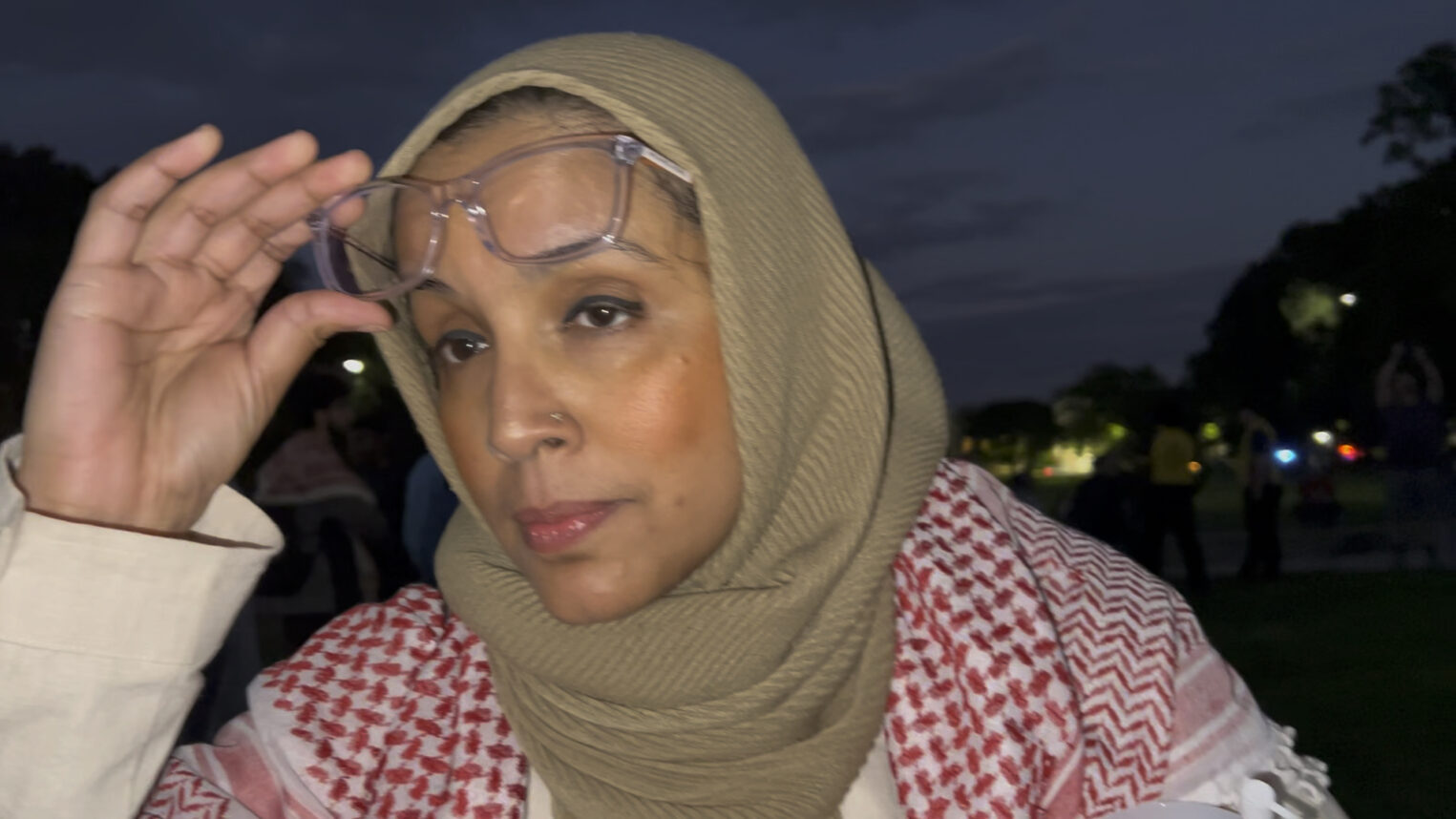
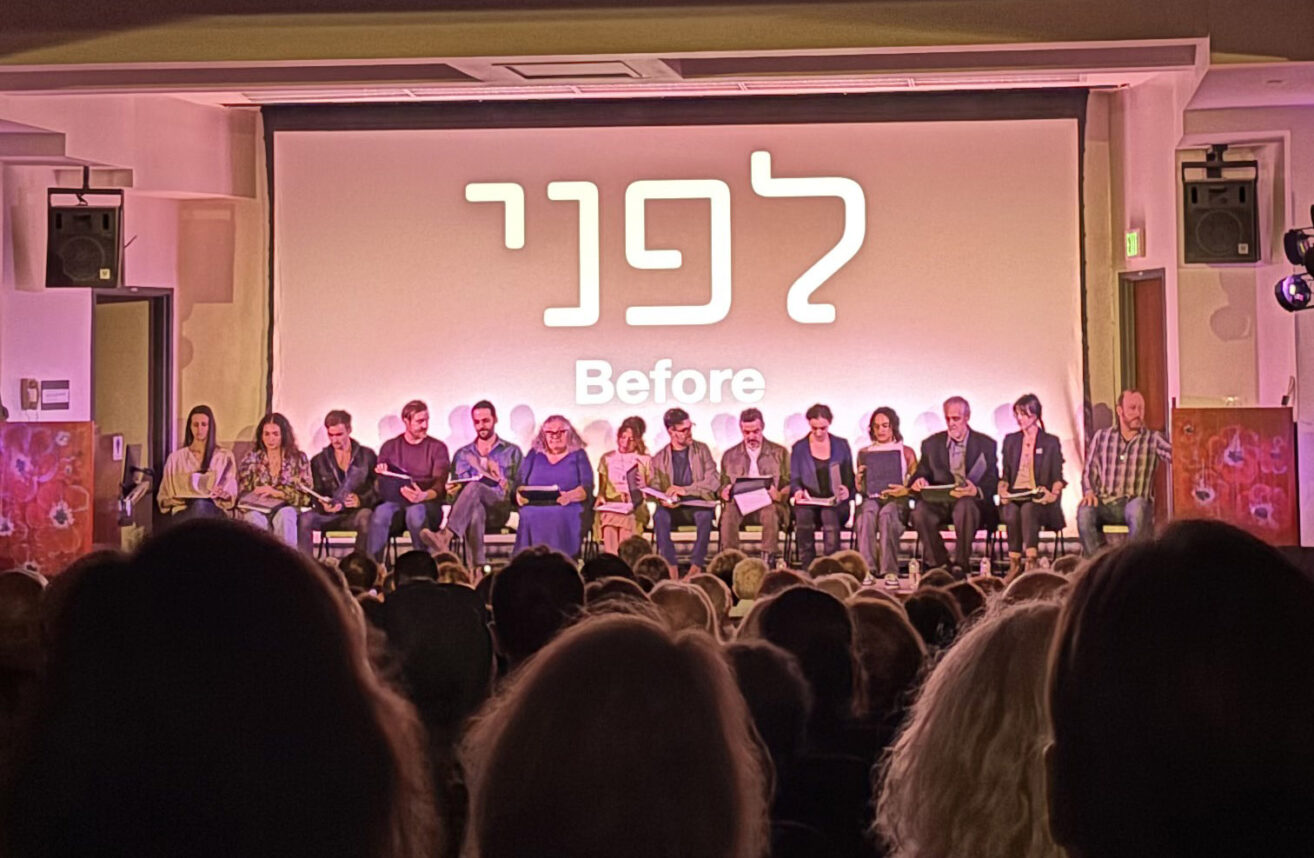
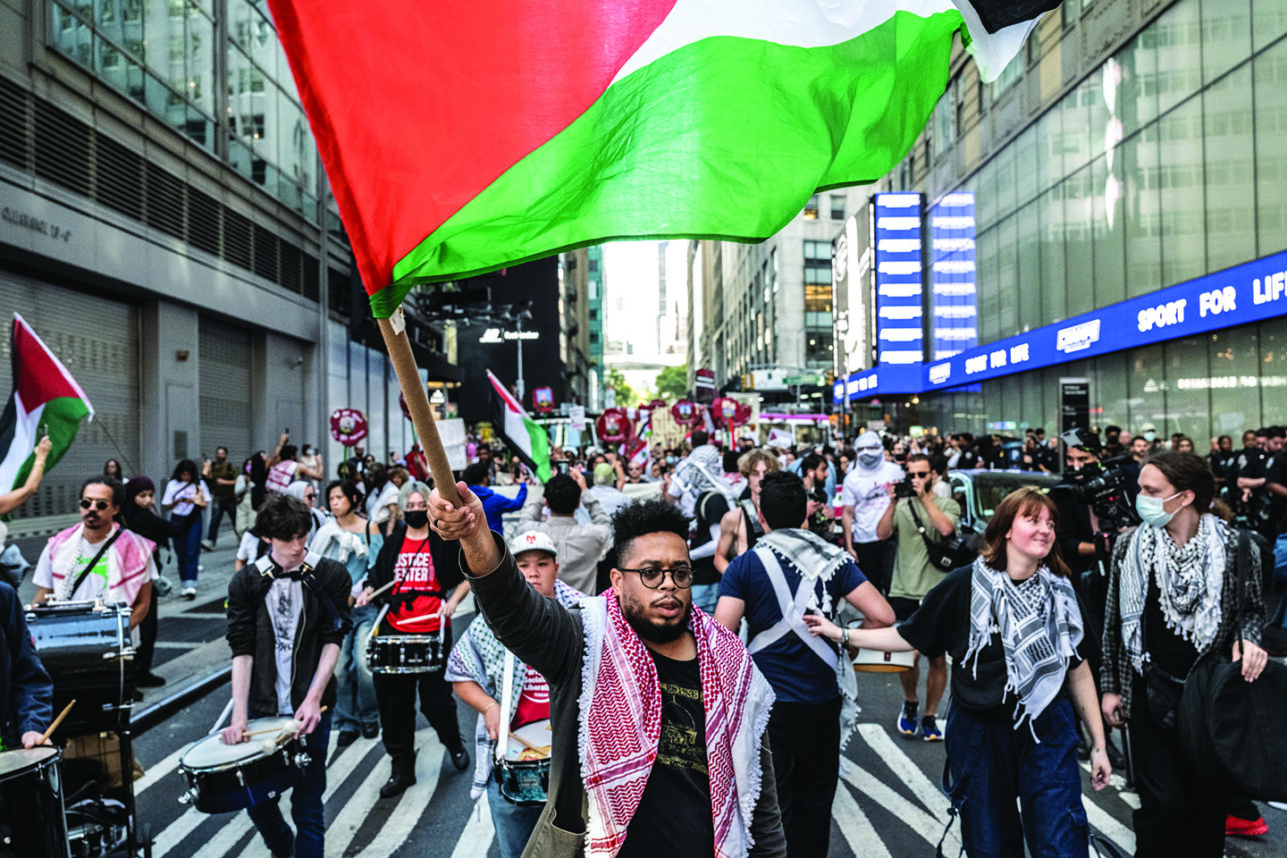
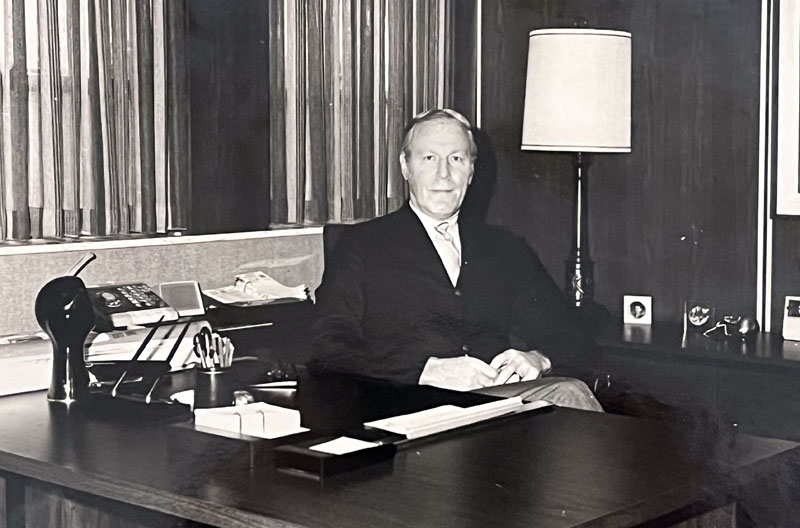
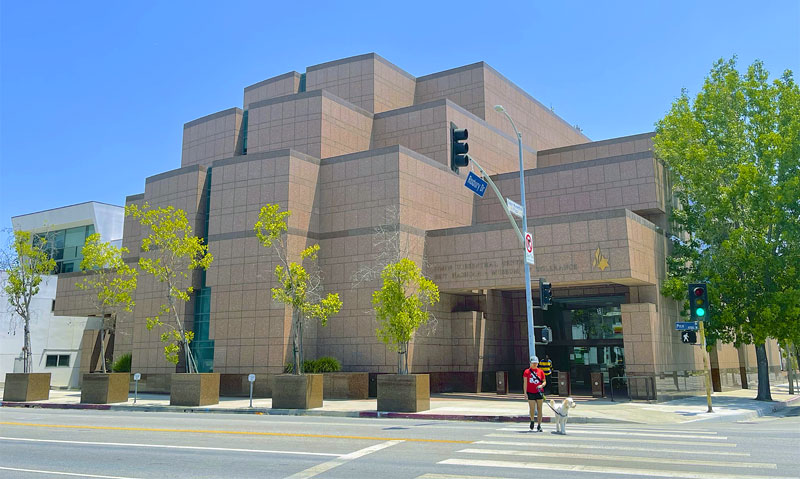
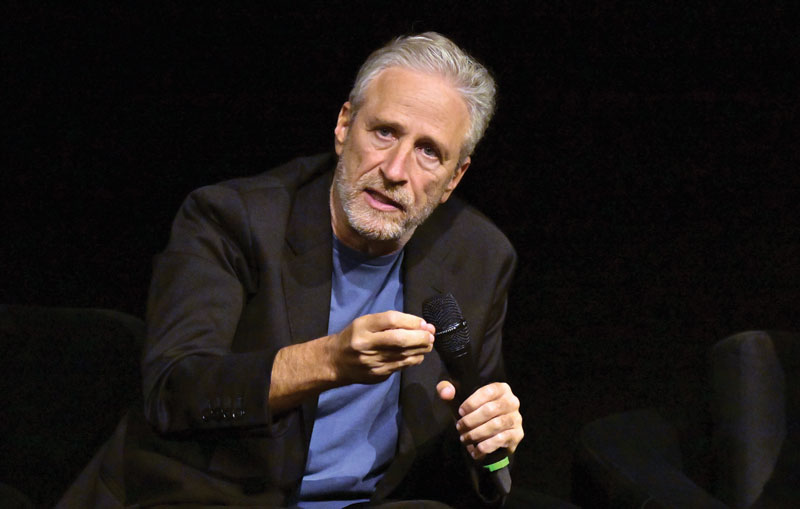

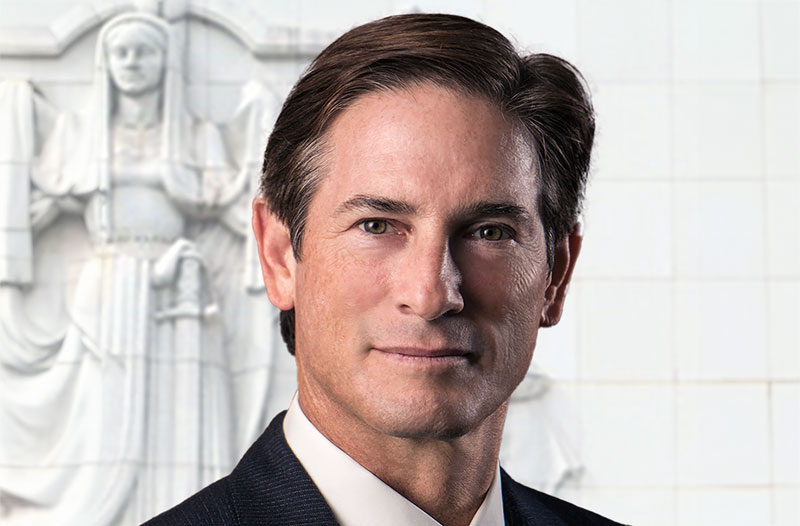
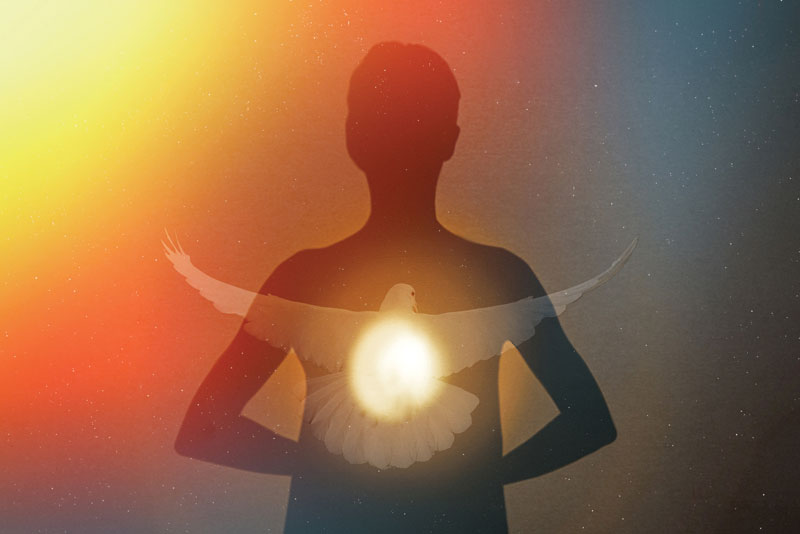
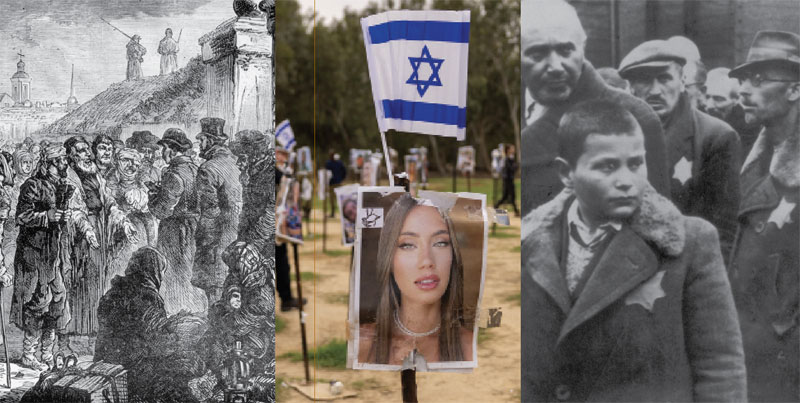




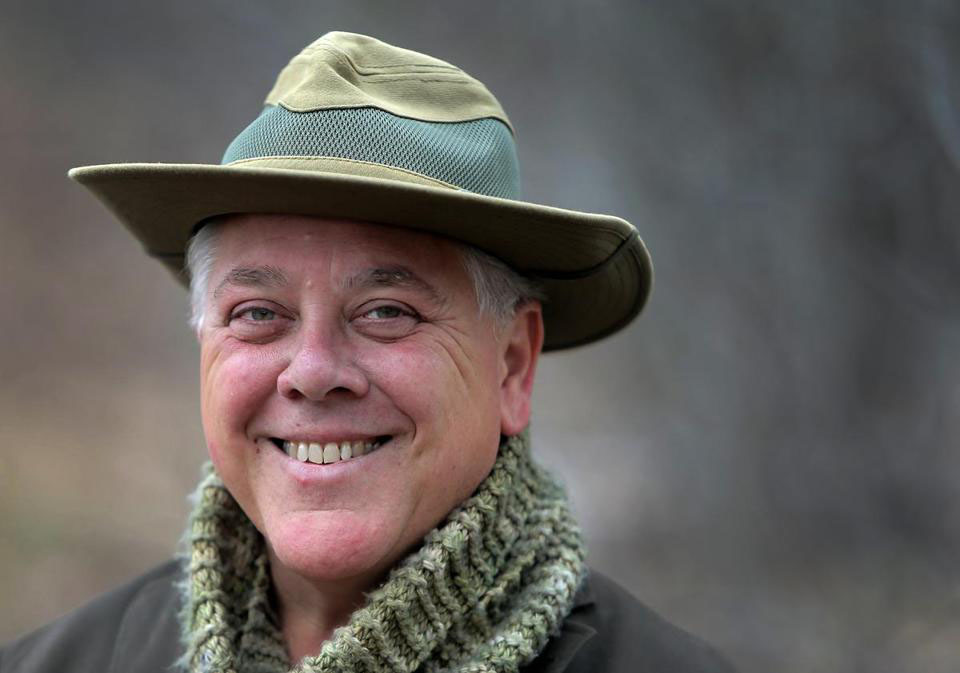
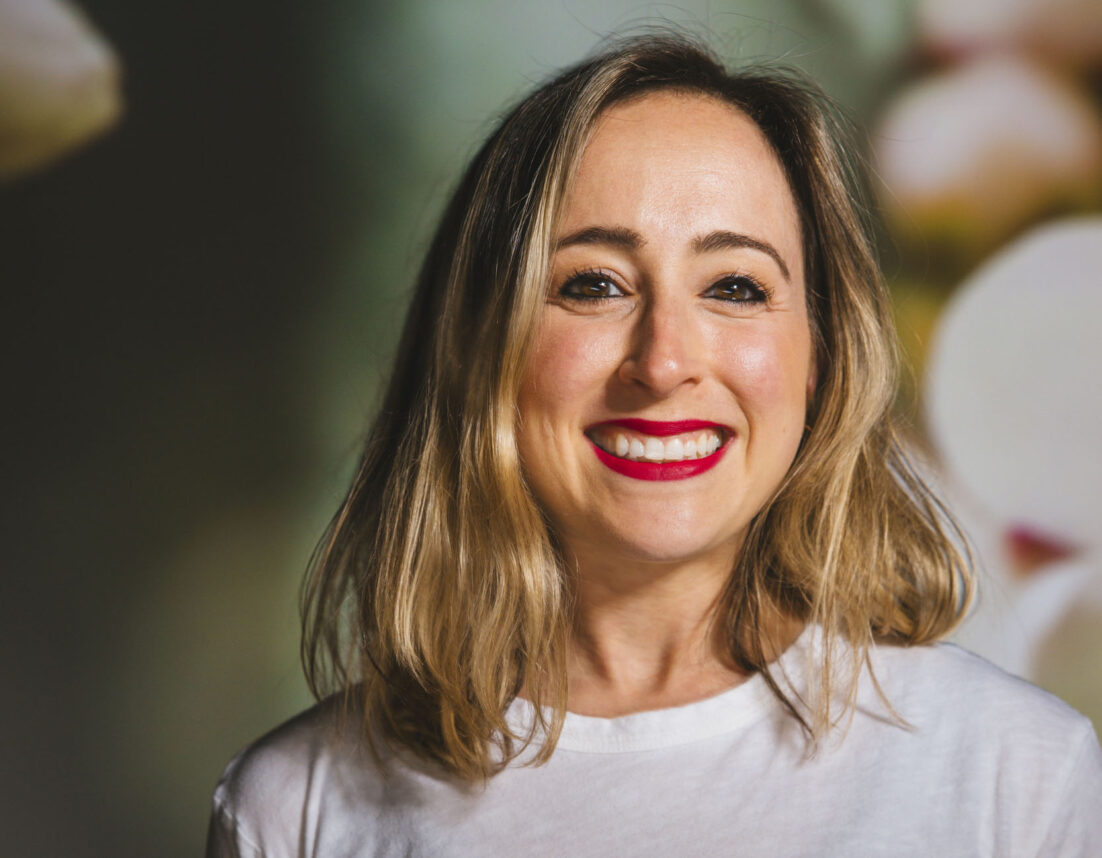
 More news and opinions than at a Shabbat dinner, right in your inbox.
More news and opinions than at a Shabbat dinner, right in your inbox.